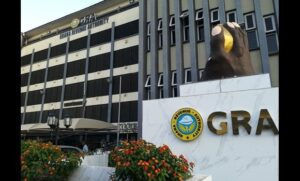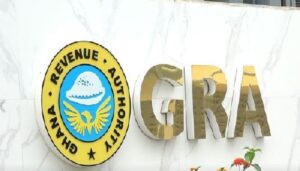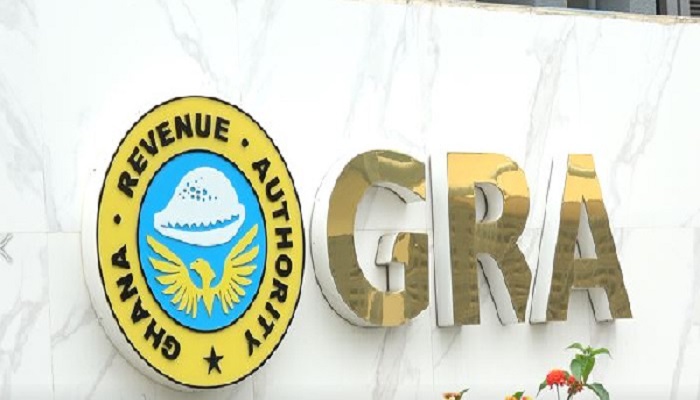The Ghana Revenue Authority (GRA) has unveiled one of its most ambitious plans in recent years: to bring approximately eight million new taxpayers into the country’s tax net, aiming to significantly enhance domestic revenue mobilisation.
The initiative, announced in Accra, will be driven by two flagship programmes, the Sustained Tax Education Programme and the Modified Taxation Scheme (MTS). According to Commissioner-General Anthony Kwasi Sarpong, the reforms are designed to widen the tax base, currently estimated at about 19 million registered taxpayers, and to tap into the nation’s informal sector, where economic activity remains substantial but formal tax covering is low.
Under the first phase of the rollout, the GRA plans to enrol two million new taxpayers annually over the next three years. This phase specifically targets informal businesses including artisans, market traders, food vendors, self-employed professionals and other micro-enterprises. Over that three-year period, the authority projects additional revenue of about GH¢10 billion. The second phase, expected after 2028, will aim to bring the remaining six million taxpayers into the system and is projected to generate upward of GH¢30 billion in revenue, bringing the total expected yield from the drive to GH¢40 billion.
A key element of this strategy is simplification of tax compliance for the informal sector. The Modified Taxation Scheme introduces a flat-rate tax of three percent for eligible individuals and businesses, with payment enabled via mobile applications, USSD codes or mobile money wallets. This approach is aimed at lowering the barrier to compliance and making the tax system more accessible to those who operate outside formal employment structures.

Complementing the MTS, the Sustained Tax Education Programme seeks to embed tax awareness and voluntary compliance among citizens through partnerships with schools, churches, business associations and community groups. Commissioner-General Sarpong emphasised that tax payment must become a civic behaviour rather than an imposition.
Government officials believe that successfully expanding the taxpayer base will bolster national development efforts by reducing dependence on external borrowing and grants. According to the Julius Debrah, Chief of Staff, as of end-September 2025 the GRA had already mobilised around GH¢130.6 billion, slightly ahead of its target, which demonstrates the widening tax net already is beginning to pay dividends.
Analysts say the informal sector presents the largest untapped revenue opportunity for Ghana. As emphasised in multiple reports, this sector is estimated to include around eight million potential taxpayer-entities — the same number targeted in the drive. They point out that while formal sector compliance is relatively high, the informal economy often goes unregistered, under-reported or ignored in tax planning.
Of course, there are challenges. Critics caution that bringing informal operators into the tax net will require demonstrating value, such as improved public services and infrastructure, to overcome longstanding perceptions of unfairness in taxation. Furthermore, success hinges on effective enforcement, digital infrastructure rollout, reliable taxpayer-services and the integrity of systems. Past initiatives across Ghana and other countries have faltered when administrative complexity, weak coordination or resistance in the informal sector were underestimated.

Implementation of the drive will rely heavily on digital tools. The MTS app, dedicated registration systems and mobile payment integration are central. Taxpayers will be able to register via phone, upload documentation and pay through digital wallets, a move aimed at leveraging Ghana’s high mobile-money penetration.
As the GRA advances this programme, the implications are broad. A larger tax base can enhance government capacity to deliver on infrastructure, health, education and other public service commitments, while strengthening macro-fiscal stability and reducing debt vulnerabilities. For job-seekers and informal business operators, it offers an opportunity to formalise operations, access credit, and engage with financial services that previously may have been out of reach.
With launch of the campaign underway and initial targets set, policymakers will monitor progress closely. If the enrolment and revenue targets are met, the drive may mark a transformational shift in how Ghana finances its development agenda and transitions toward self-reliance.

